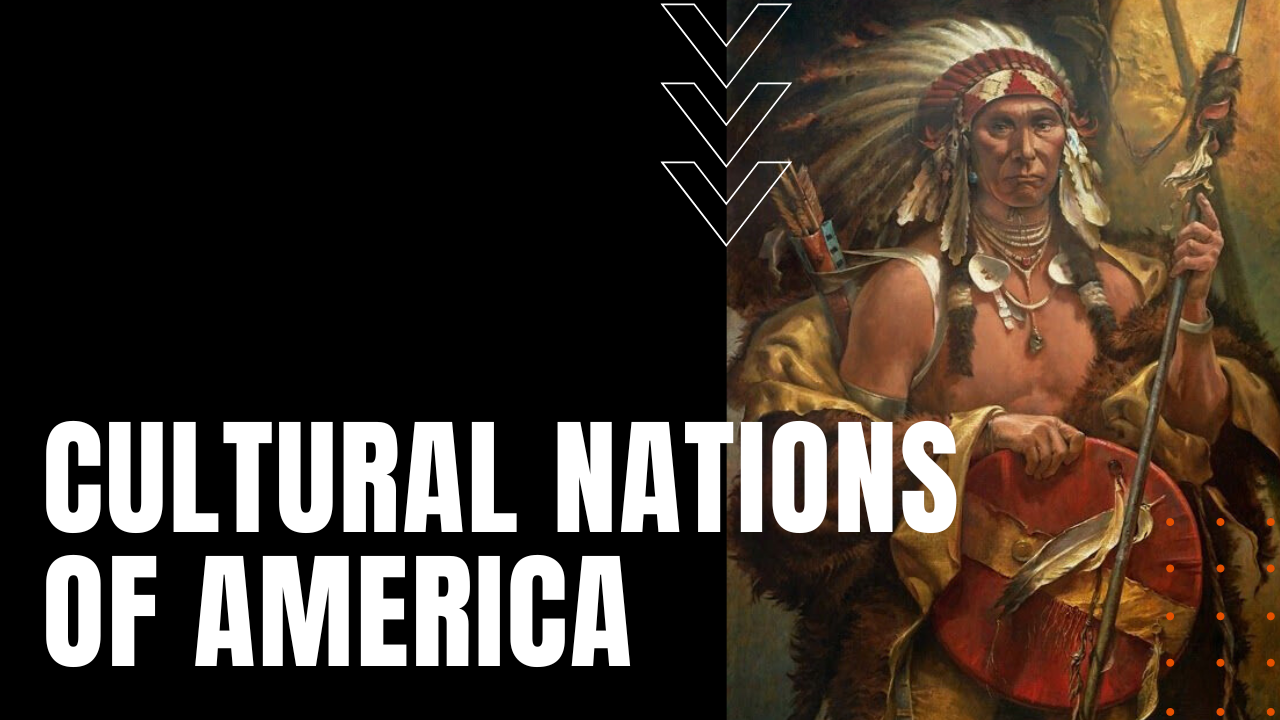The Cultural Nations of America

On a scorching hot July night in 1893 Chicago, in a city overrun with tourists attending the World’s Fair, a 31-year-old associate professor named Frederick Jackson Turner delivered an essay to the American Historical Association that would forever change the study and complexity of U.S. history.
Frontier Thesis
What is now known as his Frontier Thesis, Turner explained how westward expansion and manifest destiny had stripped European settlers of their ancestral feudalistic backgrounds, forging an American nation not by cultural differences but by shared challenges and opportunities inherent in an ever-expanding geographic footprint. Years later, however, after the frontier had been fully tamed, Turner would reject his own Frontier Thesis after spending years studying the many cultural pockets that make up, in his words, the “United States of Europe.”
A Re-examination
Turner’s work would be further illuminated by Colin Woodard’s 2021 publication of American Nations, where he argues that the United States is far from a homogenous entity, but rather a collection of distinct nations replete with individual values, histories and political orientations. Of his eleven identified nations, Yankeedom embodies the residue of Puritan New England, while New Netherland reflects the Dutch culture within the greater New York region. The Midlands of the Midwest value pluralism and compromise, while the Tidewater region values social hierarchy and respect of authority.
Defies State & National Boundaries
Greater Appalachia, as settled by war ravished borderlands people from Northern Ireland retains a hearty suspicion of centralized authority, while the Deep South values states’ rights, rigid social structure and a distinct African-American culture. Next comes El Norte, which spans the southwestern U.S. and northern Mexico, while the Left Coast covers Northern California up to the Canadian border, with values of environmentalism, social justice and participatory democracy, while the Far West, settled by explorers, cowboys and miners, values individualism and a rugged frontier spirit.
Eleven Cultural Pockets
New France epicenters around Louisiana and French Canada, embracing Catholicism and a sense of noblesse oblige, which is an inferred responsibility of the privileged over those less fortunate. Last but not least is the First Nation, which encompasses Native American heritage throughout the continent, replete with ancestral traditions, tribal sovereignty, a complex relationship with the federal government and a deep spiritual connection to the land, making the nations of America, a intricate web of ancestral cultural influences.
